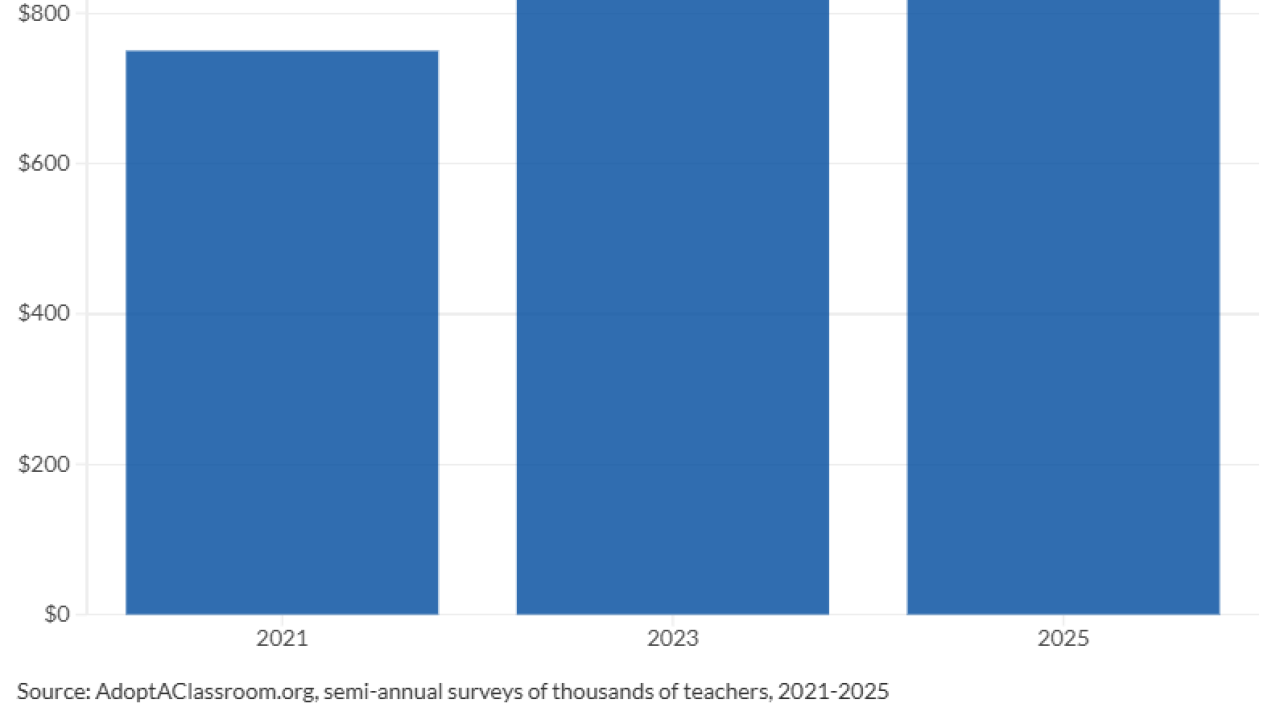Average expense ratios continued their precipitous decline during 2012 much to the delight of mutual fund investors, according to an annual Investment Company Institute
Specifically, target date mutual funds in 2012 incurred an asset-weighted average expense ratio of 58 basis points, compared to 61 bps in 2011. The expenses of these funds have fallen 13% since 2008, when they were 67 bps.
According to the report, at least two factors played a role in the decline in these target date mutual funds’ average expense ratio. First, total assets in these funds, an increasingly popular investment for retirement plan participants, have tripled since 2008, to $481 billion, resulting in lower fund expense ratios through economies of scale. Second, a greater concentration of assets in lower cost target date mutual funds have served to push down the average expense ratio paid by target date fund investors.
“Last year we saw economies of scale at work in the declining level of expenses that target date fund investors paid, as the assets invested in these funds continued to grow,” stated Sean Collins, ICI’s Senior Director of Industry and Financial Analysis. “This study also shows that investors gravitate toward the least costly target date funds.”
The report also revealed that equity fund investors in 2012 paid 77 bps in expenses, down 2 bps from 2011. And the asset-weighted average expense ratio for bond funds also declined in 2012, by 1 basis point to 61 bps. Also, the expense ratios in hybrid funds declined 1 basis point in 2012, falling to 79 bps. From 1993 to 2012, the average expense ratio of bond funds dropped 27%, while that of hybrid funds fell from 96 bps to 79 bps, an 18% decrease.
Om the money fund front, ICI reports that the average expense ratio of money market funds was 17 bps in 2012, a drop of 4 bps since 2011. Over the last two decades, expenses incurred by investors in money market funds dropped 67%, from 52 bps in 1993 to the 2012 level.
Load fee payments have also decreased. According to the report, the average maximum sales load of equity funds offered to investors was 5.3% last year, but the average sales load investors actually paid was only 1% because of load fee discounts on large purchases and fee waivers, such as those on purchases through 401(k) plans. Average load fees paid by equity fund investors have fallen roughly 75% since 1990.




